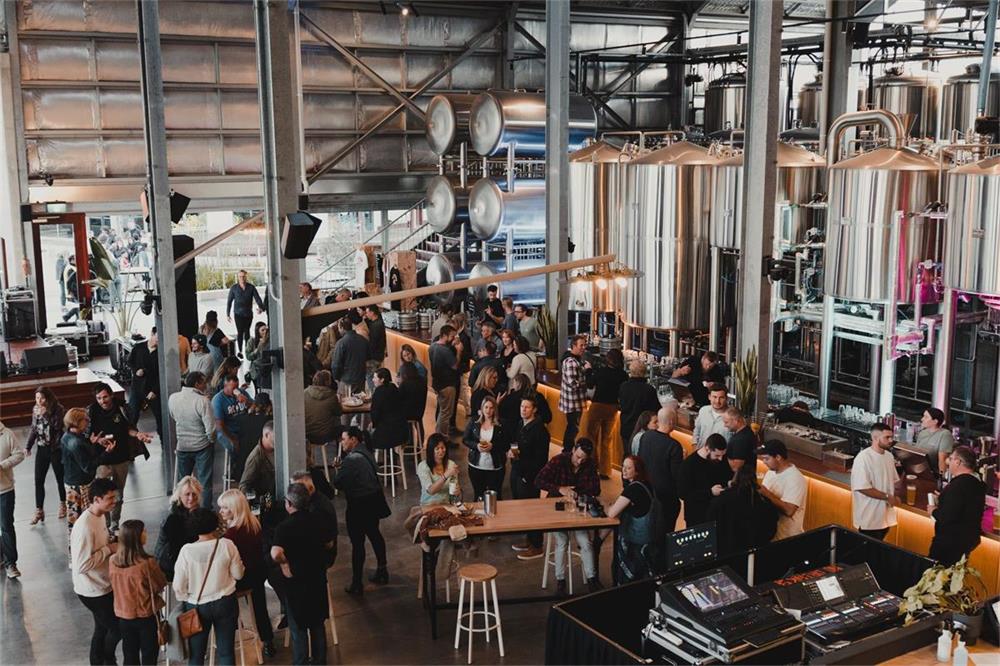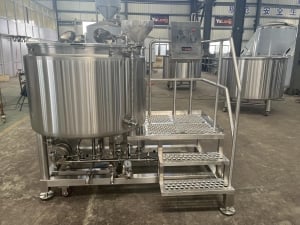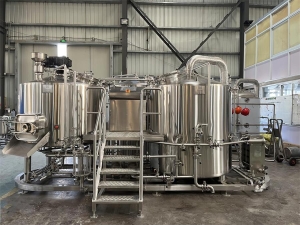Starting a microbrewery is an exciting journey filled with creativity, community, and, of course, crafting great beer. Whether you’re a passionate homebrewer ready to take the next step or an entrepreneur entering the booming craft beer industry, this guide will walk you through the essentials of a microbrewery setup. From business plans to brewing equipment, let’s dive into the nitty-gritty of starting a successful microbrewery.
Table of Contents
ToggleOverview of Microbrewery Setup
A microbrewery is a small-scale brewery that focuses on producing limited quantities of craft beer. Unlike large-scale breweries, microbreweries emphasize quality, flavor, and unique brewing techniques. Starting a microbrewery involves various aspects, including market research, obtaining licenses, purchasing equipment, and crafting a brand that resonates with your audience.
Here’s what you’ll learn:
- How to establish a successful microbrewery.
- Steps to create a robust business plan.
- Licensing, permits, and regulations.
- Equipment and space requirements.
- Key ingredients and supply chain management.
- Brewing processes, quality control, and marketing strategies.
By the end of this guide, you’ll have a clear roadmap for setting up a microbrewery that not only brews great beer but also thrives as a business.
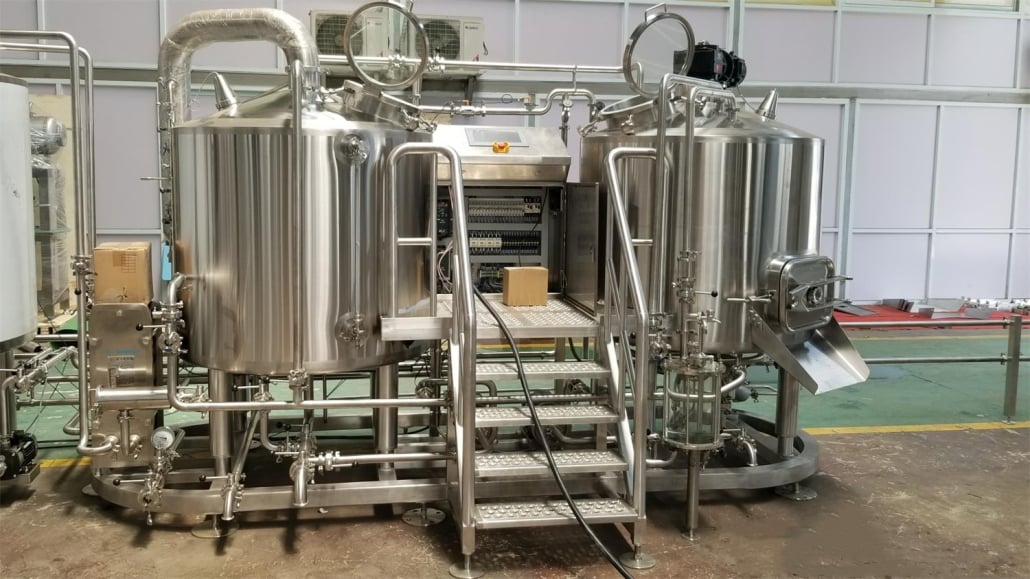
What Is a Microbrewery?
Microbreweries are small-scale, independent breweries producing limited quantities of beer, typically under a certain volume (e.g., 15,000 barrels annually in the U.S.). What sets microbreweries apart is their dedication to craftsmanship. They often experiment with ingredients and styles to create unique flavors, catering to local or niche markets. With the rising popularity of craft beer, microbreweries have become community hubs where people gather to enjoy fresh, innovative brews.
Starting a microbrewery is not just about brewing beer; it’s about creating an experience and a brand that people love. Let’s explore how to bring your vision to life.
How to Efficiently Establish a Successful Microbrewery
Establishing a microbrewery involves several strategic steps. Here’s a breakdown:
- Develop a Vision: What’s your brewery’s unique selling point? Is it innovative flavors, local sourcing, or a community focus?
- Secure Funding: Calculate your startup costs, which can range from $250,000 to $2 million depending on size and location. Consider loans, investors, or crowdfunding.
- Find the Right Location: Look for a space with high foot traffic, adequate utilities, and room for expansion.
- Obtain Licenses and Permits: Brewing is a highly regulated industry. You’ll need federal, state, and local permits.
- Purchase Equipment: Invest in high-quality brewing equipment suitable for your production scale.
- Hire a Skilled Team: From brewers to marketers, building a knowledgeable team is key.
- Craft Your Brand: Your logo, packaging, and marketing should reflect your brewery’s identity.
- Start Small, Scale Smart: Begin with limited production, gauge demand, and scale up gradually.
Market Research & Business Plan for Microbrewery Setup
Creating a solid foundation for your microbrewery starts with market research and a comprehensive business plan.
Market Research
- Understand Your Audience: Who are your potential customers? Craft beer enthusiasts, local residents, or tourists?
- Analyze Competition: Visit other breweries, study their offerings, and identify gaps in the market.
- Trends: Stay updated on industry trends like low-alcohol beers, sustainability, and unique flavor profiles.
Business Plan
A business plan is your blueprint for success. It should include:
- Executive Summary: Brief overview of your microbrewery.
- Mission and Vision: What’s your purpose and long-term goal?
- Market Analysis: Insights from your research.
- Operational Plan: Details on production, staffing, and logistics.
- Financial Plan: Projected costs, revenue, and breakeven analysis.
- Marketing Strategy: How you’ll promote your brewery and attract customers.
Licensing and Permits for Microbrewery Setup
Licensing is a crucial step. Here’s an overview of common permits required:
| License/Permit | Details |
|---|---|
| Federal Brewer’s Permit | Issued by the Alcohol and Tobacco Tax and Trade Bureau (TTB). |
| State Alcohol License | Varies by state; regulates production and distribution. |
| Local Business License | Required to operate within a specific city or county. |
| Health and Safety Permits | Ensures compliance with food and beverage safety standards. |
| Environmental Permits | Covers waste disposal and emissions regulations. |
Ensure you consult legal experts to navigate this process smoothly.
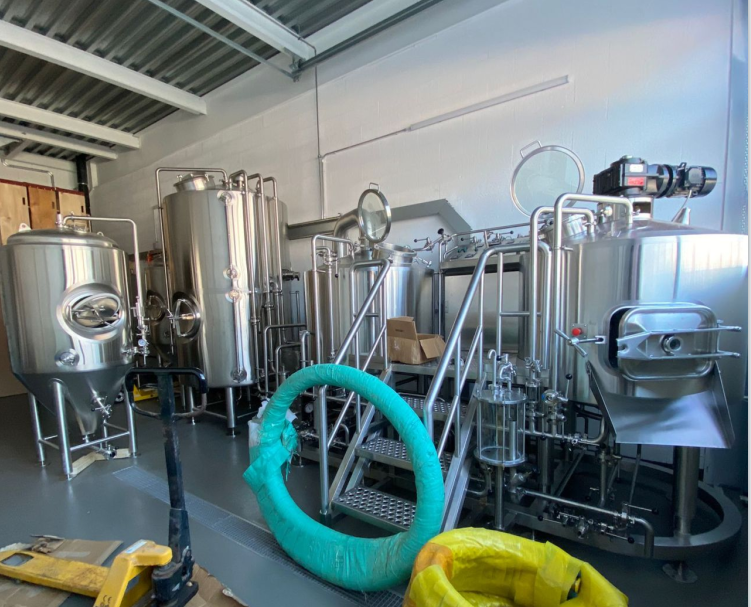

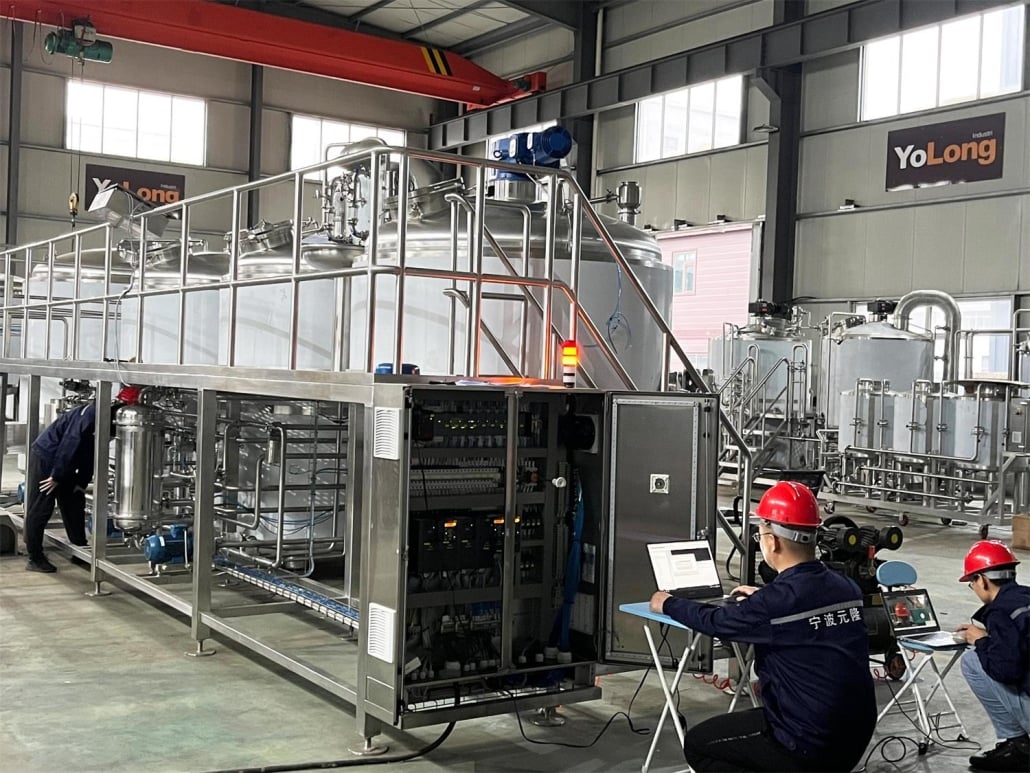
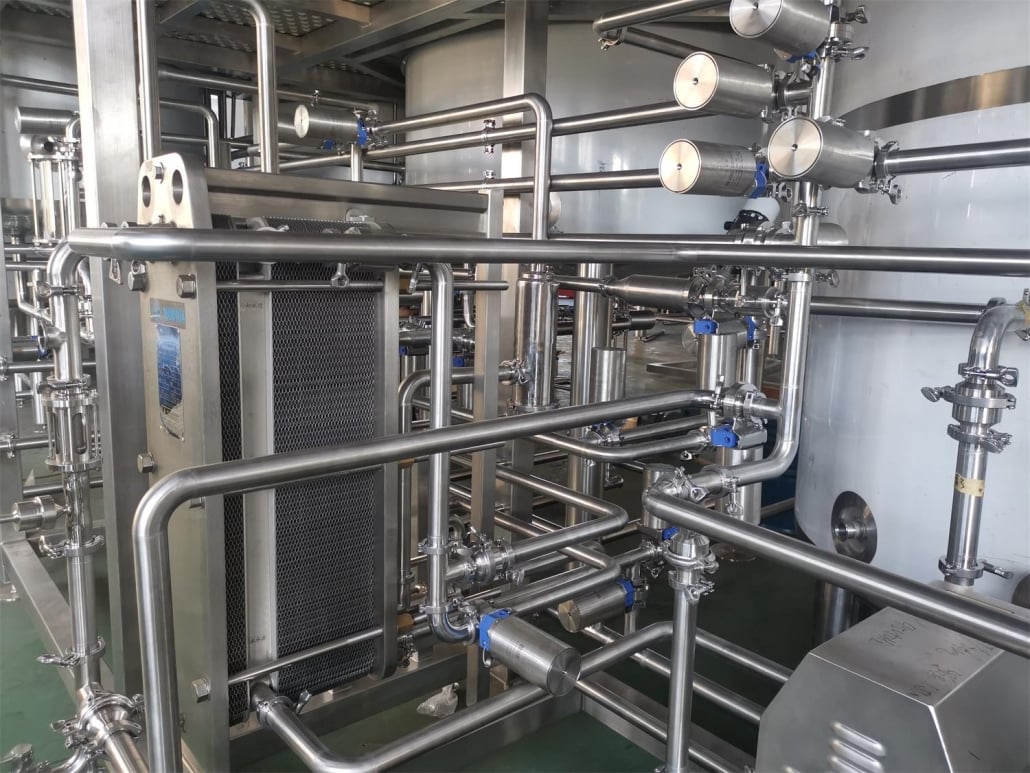
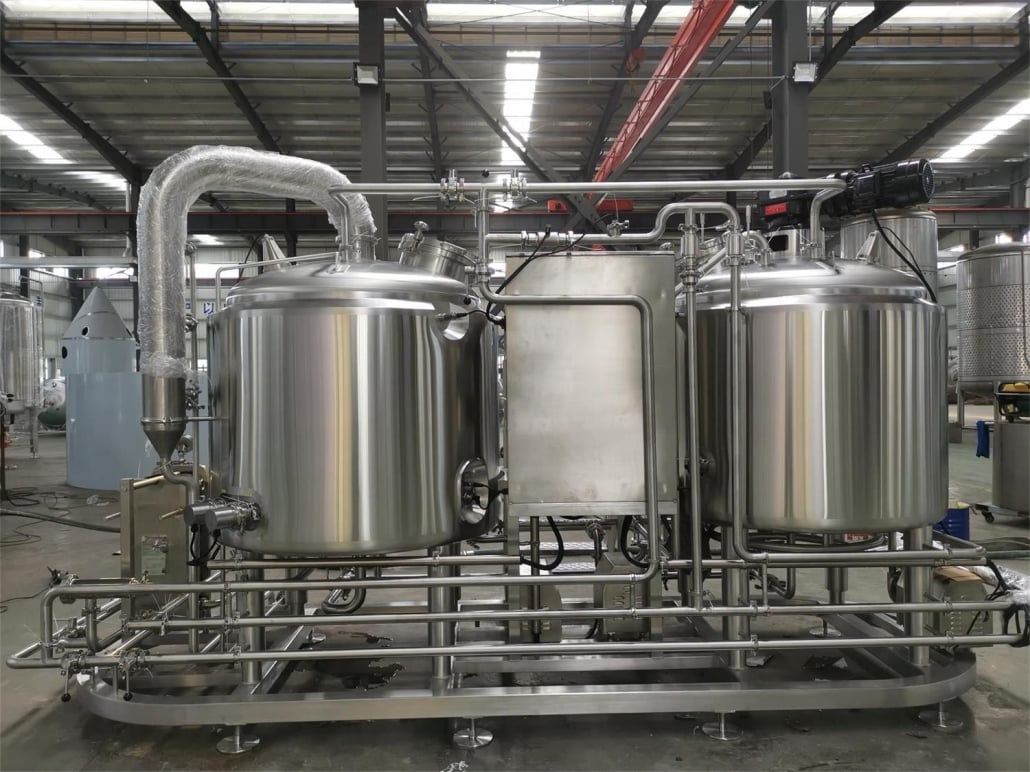
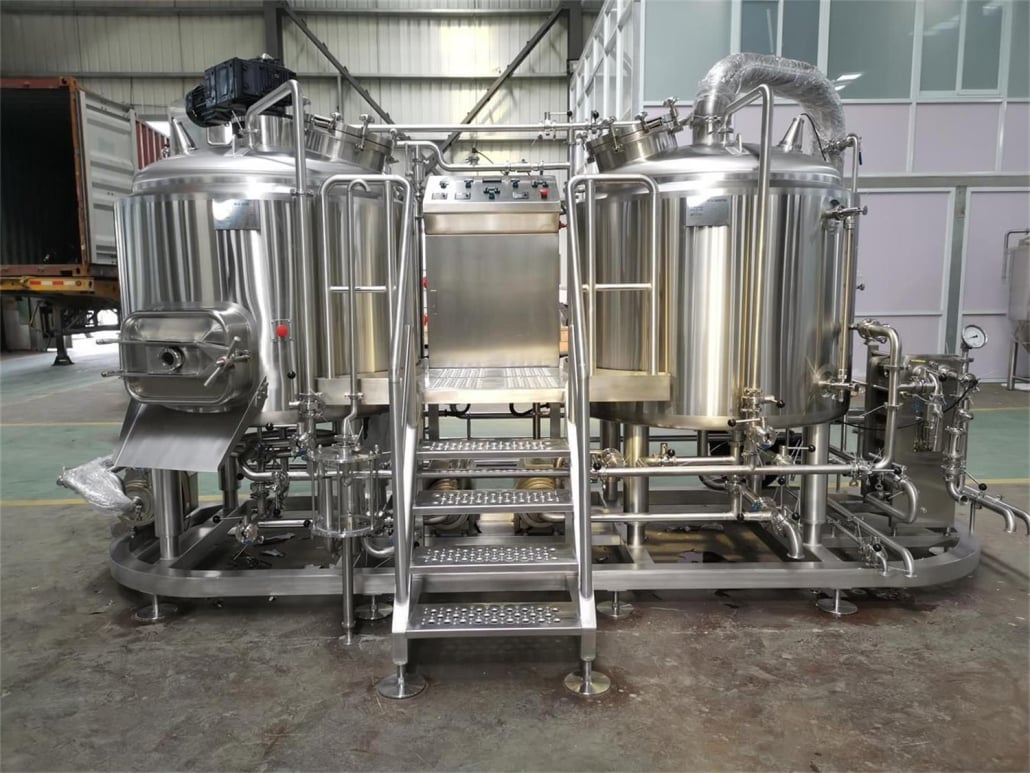
Equipment for Microbrewery Setup
The right equipment is essential for consistent quality and efficiency. Here’s what you’ll need:
- Brewhouse System: Includes mash tun, lauter tun, brew kettle, and whirlpool.
- Fermentation Tanks: For fermenting and conditioning beer.
- Cooling System: Glycol chillers for temperature control.
- Kegs and Bottling Equipment: For packaging your beer.
- Cleaning Systems: Essential for maintaining hygiene.
- Additional Tools: Grain mill, pumps, and filtration systems.
Investing in high-quality equipment ensures longevity and consistent production.
Space Requirements for Microbrewery Setup
Your space should accommodate production, storage, and customer interaction (if applicable). Here’s a guideline:
| Area | Requirement |
|---|---|
| Production Area | At least 2,000 square feet for brewing equipment and operations. |
| Storage | Space for raw materials and finished products. |
| Tasting Room/Bar | Optional, but 500-1,000 square feet can enhance customer engagement. |
| Utilities | Adequate water supply, drainage, and power connections. |
Ingredients and Supply Chain for Microbrewery Setup
The quality of your beer depends on your ingredients. Here’s what to consider:
- Malt: Choose between base malts and specialty malts for flavor variation.
- Hops: Provide bitterness, aroma, and flavor. Opt for fresh, high-quality hops.
- Yeast: Different strains yield varying beer styles.
- Water: The foundation of beer; consider its mineral composition.
Work with reliable suppliers to ensure a steady flow of fresh ingredients.
Production Process of Microbrewery Setup
Brewing beer involves several steps. Here’s an outline:
| Step | Description |
|---|---|
| Malting | Preparing malted grains by soaking, germinating, and drying. |
| Mashing | Mixing crushed malt with hot water to extract fermentable sugars. |
| Boiling | Adding hops and boiling the wort to develop flavors. |
| Fermentation | Introducing yeast to convert sugars into alcohol and carbon dioxide. |
| Conditioning | Maturing the beer to refine flavors. |
| Packaging | Filling kegs, bottles, or cans for distribution. |
Quality Control in Microbrewery Setup
Maintaining consistent quality is vital. Implement these measures:
- Lab Testing: Regularly test for alcohol content, pH levels, and microbial contamination.
- Tasting Panels: Conduct sensory evaluations to ensure flavor consistency.
- Sanitation: Clean all equipment thoroughly to prevent contamination.
- Documentation: Keep detailed records of each batch for traceability.

Brand Building and Marketing for Microbrewery Setup
Your brand is your brewery’s identity. Build it with care:
- Logo and Packaging: Eye-catching designs that reflect your brewery’s personality.
- Social Media: Engage with your audience through platforms like Instagram and Facebook.
- Events: Host tastings, tours, or beer festivals to connect with your community.
- Collaborations: Partner with local businesses or other breweries to expand your reach.
- Storytelling: Share your journey and passion for brewing to create an emotional connection.
FAQs
| Question | Answer |
|---|---|
| How much does it cost to start a microbrewery? | Costs range from $250,000 to $2 million depending on size and location. |
| How long does it take to set up a microbrewery? | Typically 6-12 months, including permits and construction. |
| Do I need prior brewing experience? | It helps, but hiring experienced staff can fill the gap. |
| What’s the profit margin for microbreweries? | Margins typically range from 20% to 40%, depending on scale and sales. |
| Can I sell food at my microbrewery? | Yes, but it may require additional permits. |

